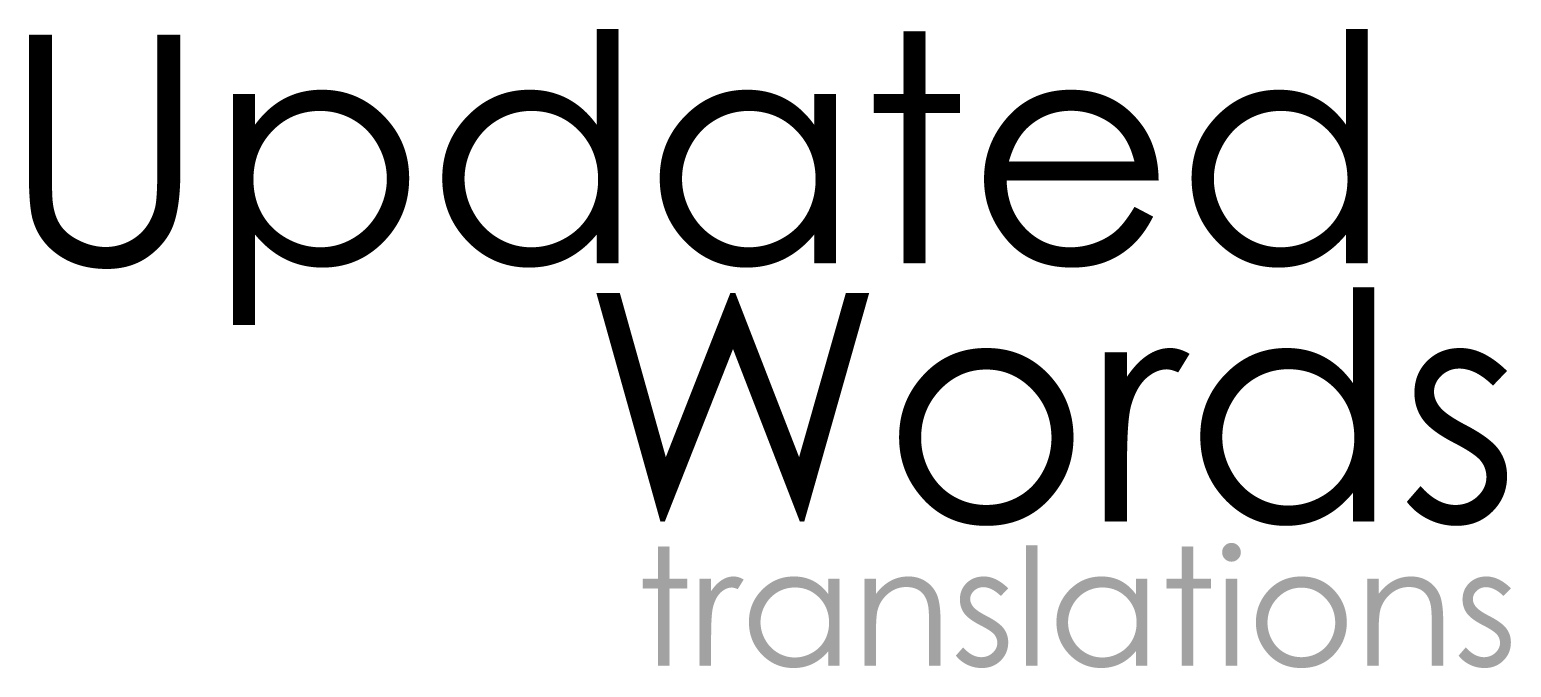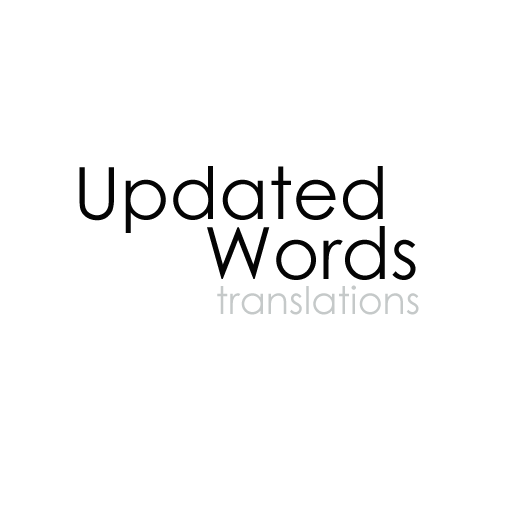Online scammers are increasing worldwide. In the modern world, people rely more and more on the Internet, and most of their normal activities are now done online. We can pay with our smartphones, we apply for jobs online, we shop online and we end up having our names and details in several online directories. I would say, we are totally dependent on these services to carry out our daily life.
The downside of all of this is that the same way things may be available to us may also be available to people who do not have the best intentions. The increase in online activity also brought a substantial increase in online scammers. These scams can be in the form of an email posing as the ATO and asking for our personal and bank details, or a phone call posing as Microsoft telling there’s something wrong with our computer. Scammers are very creative and the possibilities are endless.
Translators and interpreters are no immune to scammers, and over the years there’s been a substantial increase in online scams involving translators or interpreters We need to publish some information about us, in order to be known by possible clients, however, the same way that information is out there for possible clients to see, it is also available to scammers and we are vulnerable.
Usually, scammers copy our CV’s and identities and send emails using our documents to scam possible clients or colleagues. Some Forums have scam alert and they send emails to all members, anytime they became aware of another scam. It is very important that we keep ourselves safe from this type of situation.
But how can we protect ourselves?
We conduct our business online, and there’s always going to be a level of vulnerability I think; however, I believe we can take a few steps to lower that vulnerability and protect ourselves from identity theft and other scams online.
On a general level, something I find very important is when we are contacted and the email seems to come from a bank, ATO, Police or a company that may be interested in our services, to check the links they provide and compare them with the official page for that particular institution. Usually, banks, ATO or police will never contact us via email to ask any of our personal or financial information, so that would be a sign. An email that looks from a company interested in our services may also be bogus, so verifying the links and names would be important. In case of doubt, we can always contact the company, through the contacts they have on their page and ask if that email is to be believed. If we find a particular email is a scam, it is also important to make the companies aware of it by reporting it to them. This way, they can take appropriate measures to avoid it happening again.
On a personal level, there are also some things we can do to protect our identity. For example, in my case, I don’t publish my CV on any online platform, including Updated Words official page. I will provide a copy of my CV if necessary, for any job application. This way, I minimise the chances of my CV being stolen and used by a scammer.
Protecting my credentials is also very important for me. I’ve got my NAATI stamp I must use to certify a translation (interpreters have an ID Card). A few months ago, I attended a webinar and the presenter showed us a copy of a NAATI stamp that has been published online. This is very wrong, as scammers can copy that stamp, forge our signature and “certify a translation” using our credentials. If possible clients want to be assured of our credentials, they can easily do it by visiting the NAATI website and search for us in their directory or verifying our credentials on the NAATI’s page, by inserting our licence number. I don’t even send scanned copies of a certified translation, as they may be misused.
I don’t publish bank details online. When I provide a service, my Invoice is sent with the details on how the payment should be made. We don’t need to put our bank details online. I avoid, as much as possible, to publish my address because it is another way of getting your identity stolen. There are certainly other things that can be done, these are just a few I use for myself.
At the end of the day, we should do everything in our power to protect ourselves from this type of situation.
Cátia

